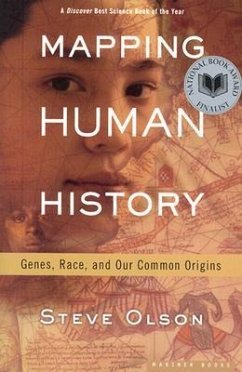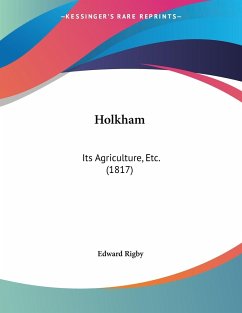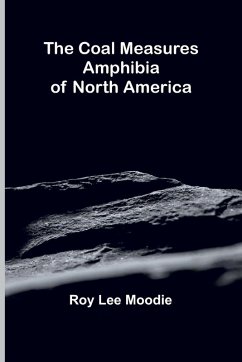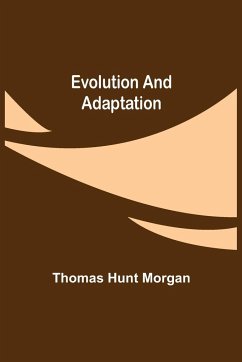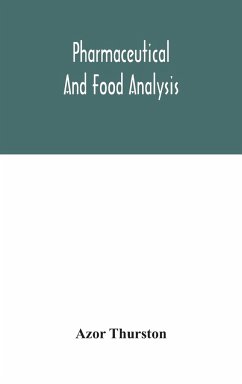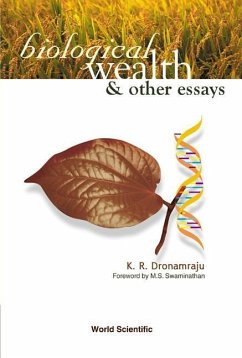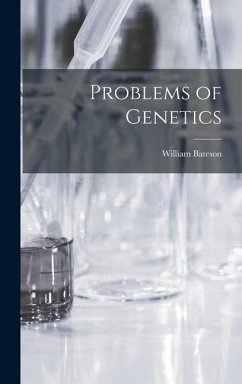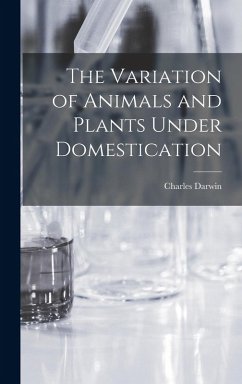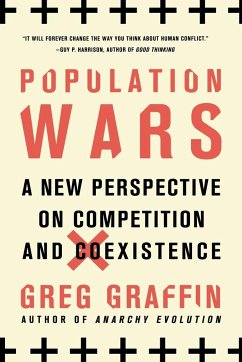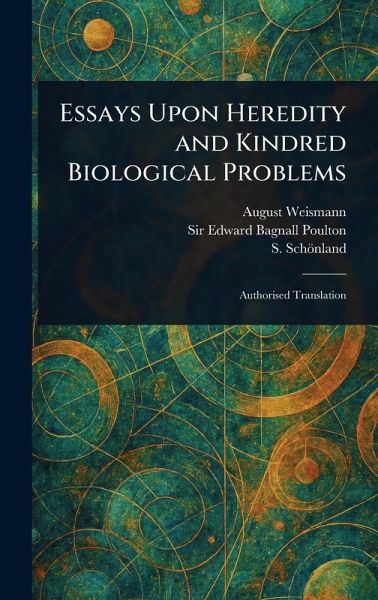
Essays Upon Heredity and Kindred Biological Problems
Versandkostenfrei!
Versandfertig in über 4 Wochen
36,99 €
inkl. MwSt.
Weitere Ausgaben:

PAYBACK Punkte
18 °P sammeln!
Delve into the foundational principles of heredity and genetics with August Weismann's "Essays Upon Heredity and Kindred Biological Problems." This authorized translation offers a vital contribution to the history of science, exploring core concepts in biology and evolution. Weismann's essays meticulously examine the role of germ plasm and its impact on heredity, engaging with crucial biological problems of his time. Discover the historical context surrounding natural selection and the enduring relevance of Weismann's insights into genetics. This collection remains an essential resource for an...
Delve into the foundational principles of heredity and genetics with August Weismann's "Essays Upon Heredity and Kindred Biological Problems." This authorized translation offers a vital contribution to the history of science, exploring core concepts in biology and evolution. Weismann's essays meticulously examine the role of germ plasm and its impact on heredity, engaging with crucial biological problems of his time. Discover the historical context surrounding natural selection and the enduring relevance of Weismann's insights into genetics. This collection remains an essential resource for anyone interested in the development of modern biological thought, offering a fascinating glimpse into the scientific landscape that shaped our understanding of heredity. This work has been selected by scholars as being culturally important, and is part of the knowledge base of civilization as we know it. This work is in the public domain in the United States of America, and possibly other nations. Within the United States, you may freely copy and distribute this work, as no entity (individual or corporate) has a copyright on the body of the work. Scholars believe, and we concur, that this work is important enough to be preserved, reproduced, and made generally available to the public. We appreciate your support of the preservation process, and thank you for being an important part of keeping this knowledge alive and relevant.





